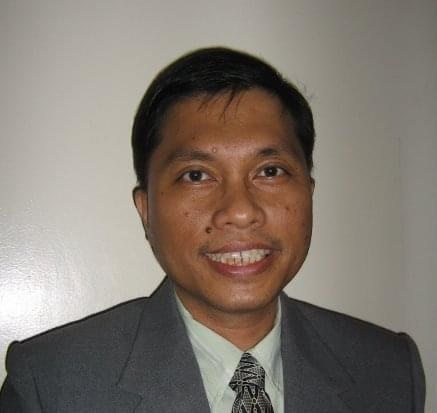OBLIQUE OBSERVATIONS
By Atty. Gilberto Lauengco, J.D.
Saving the dying soil beneath us
Share
“Soil is alive. Dirt is dead. You cannot grow plants in dirt” - YM Saegusa
There is a growing threat to our food security and it is happening beneath our feet. The issue of food security as one of the interlinked global existential challenge has been gaining a lot of attention lately. We are, however, now beginning to realize another challenge which is quite severe even in our country … soil security.
Soil is the most important requirement for sustainable agriculture and yet, it is the least understood. Many say that soil is alive. It contains living organisms such as worm, fungi and other living matter. A handful of heathy soil actually contains billions of life forms. These life forms along with nutrients and minerals determine plant and crop yield and quality. Healthy soil also acts like a sponge for water which then allows the water to reach the underground aquifer.
To say that soil is important for our survival is an understatement. Soil fertility affects the amount and quality of the crops we eat and the plants fed to livestock. Soil directly affects food security. As one expert said, “Without healthy soil, we are basically screwed.” Unfortunately, we now have one big problem.
Our soil is dying!
In the recent 1st National Soil Health Summit held last June 23, President Ferdinand R. Marcos Jr. himself raised the alarm on the state of our soil in this country. In the said summit, he stressed that “our soil is under threat. And to continue to neglect this vital agricultural component will lead to even worse crisis in the future”. He added that there is a “need to implement innovative measures to address the “growing problem” of degradation, acidification, and pollution of Philippine soil”.
Data from the Department of Environment and Natural Resources give us an alarming picture of the state of our soil. Around 75 percent of the country’s total cropland is “vulnerable to erosion in various degrees,” with agriculture losing about 457 million tons of soil annually. Decades of rapid conversion of lands for settlements and the loss of about 47 hectares of forest cover every year contribute to soil degradation. On top of the 2.2 million hectares that suffer from “insufficient levels of soil fertility,” around 11 to 13 million hectares are “considered degraded.” As such, a total of about 82 percent of the farm lands in the country now have only moderate to low levels of soil fertility.
Decades of large scale monocropping, poor land management, heavy use of chemical fertilizers and pesticides that pollute and acidify our soil have gradually been killing our soil. If we allow our soil to eventually die, we will just have dirt and dirt is dead.
The government has been implementing several soil rejuvenation programs in many areas. Unfortunately, many farmers still rely on non- organic fertilizers. These fertilizers do very little to maintain nutrients and soil health. There is a need to convince farmers to use more organic fertilizers. The problem with organic fertilizers and soil rejuvenation programs is that they may take some time to cure our soil which will impact on our farmers’ ability to earn. Non-organic fertilizers artificially increase yield at the cost of soil health.
It is submitted that, like the transportation modernization program where the individual operators are made to organize themselves, farmers must now be made to form more effective cooperatives or corporations. This will allow crop rotation among farmers where some farms will be given time to heal and the loss could be distributed to cooperative members.
To assist these cooperatives, foreign and local private organizations and corporations must step in to help. Livelihood programs, training programs in organic and spoil restorative farming methods, capital infusion through angel investing and soft loans can be vehicles for the said private organizations. There are several programs already in place. There is need for more.
All of us must find a way to help in this national emergency to save our dying soil. The soil beneath us is dying. You need to help.
This is my oblique observation.
Editor’s note: The opinions expressed in the foregoing article are solely the author’s and do not reflect the opinions and beliefs of the Philippine News Agency (PNA) or any other office under the Presidential Communications Office.
Comments
About the Columnist

ATTY. GILBERTO LAUENGCO, J.D. is a lawyer, educator, political strategist, government consultant, Lego enthusiast, and the director of CAER Think Tank. He is a Former Vice Chairman of MECO, Special Assistant of NFA and City Administrator among others. His broad experience has molded his unique approach to issues analysis which he calls the oblique observation.
